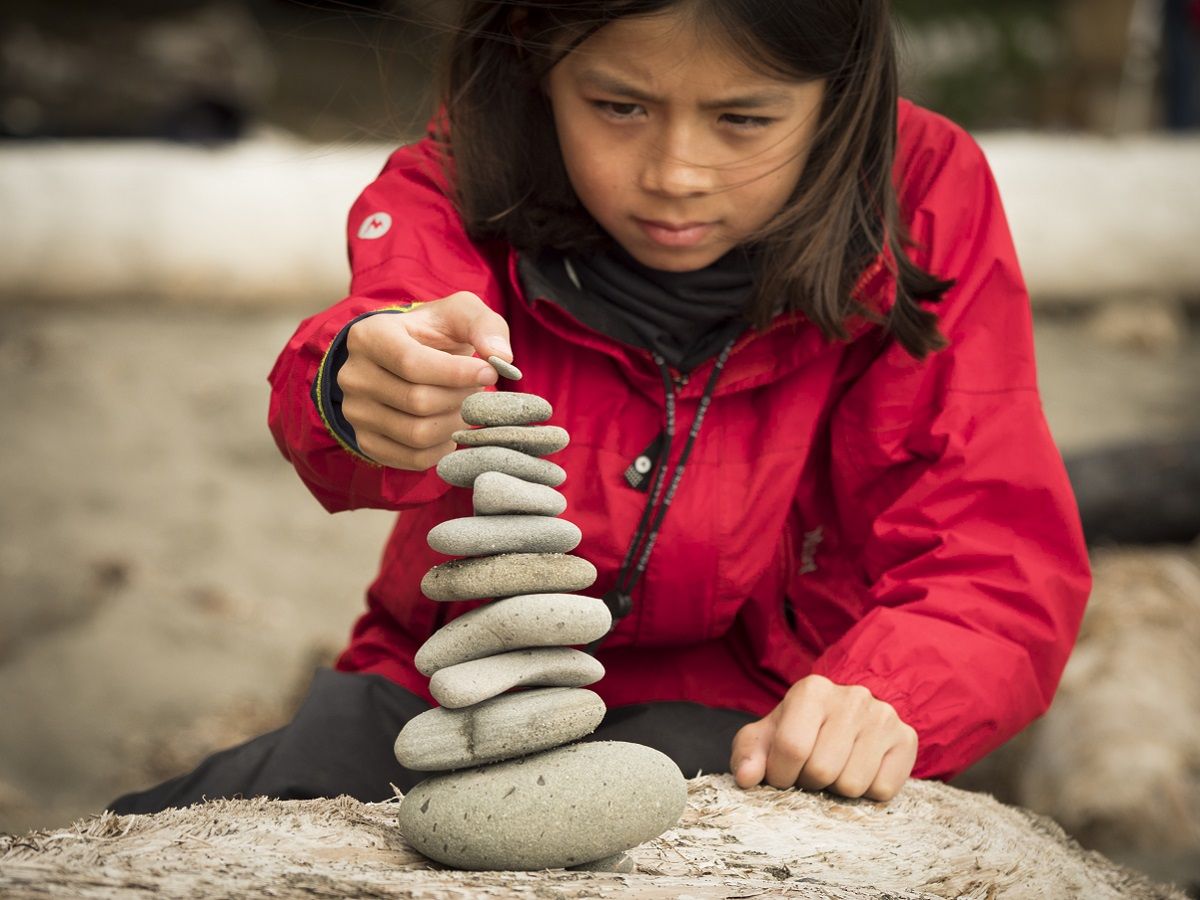David has worked as a sales associate, manager, buyer, and owner in the outdoor retail and service industry for over 35 years. Companies he has worked for include; Mountain Miser, REI, Colorado Outdoor Sports, Chickenhead Mountain Sports, Gart Sports, and Grandwest Outfitters. For the last 20 years he has managed and owned Angler’s Covey a specialty fly shop and guide service located in beautiful Colorado Springs, Colorado. Angler’s Covey has developed a mission focused on teaching fly fishing through camps, classes, private lessons, and guided tours year-round. He promotes Angler’s Covey as the place to learn to fly fish and banks on customers buying their gear to outfit their adventure. In 2015 David took on a new challenge as founder of the Pikes Peak Outdoor Recreation Alliance, partnering with the Colorado Springs Chamber & EDC and Visit Colorado Springs to create a regional coalition of outdoor businesses, nonprofits, and land managers working together to strengthen the outdoor recreation industry for the Pikes Peak region. As chairman, he promotes the value of the industry to the local community and brings together stakeholders to increase our outdoor amenities, create better access to recreational areas, and promote greater participation in outdoor activities.
All my life I have engaged in the outdoors and it has become foundational to the core of my faith and understanding of the world around me. Sharing these experiences with others seeking adventure has become my full-time occupation. As a Fly Fishing Outfitter and Specialty Retailer I get the privilege of showing people the world from my perspective on our local waters. As a Commercial Outfitter working on public lands it is challenging to provide the facilitated recreation my customers are looking for. Being a part of the Coalition for Outdoor Access (COA) steering committee allows me to share these challenges with other stakeholders and create possible solutions so that we can continue delivering memorable experiences to the public we all serve.
Stakeholder group: Commercial Outfitter
As a small Commercial Outfitter, we feel we have a small voice when it comes to gaining access to public lands on behalf of the customers we serve. Too often commercial outfitters are viewed as competing for space with the general public. In reality, we are serving the adventure-seeking public and providing an elevated experience – facilitating and maximizing outdoor recreation opportunities sometimes beyond the general public’s ability to achieve. In essence, we amplify the outdoor experience for the public looking for adventure.
Being a part of the Coalition for Outdoor Access (COA) team allows me to represent commercial outfitters wanting to provide memorable outdoor experiences. The work of COA helps ensure that commercial outfitters have a seat at the table to provide their perspective and to ultimately support access to public lands for all of our customers.
Challenges for Small Outfitters
Because of the difficulties navigating, applying for, administrating, and supervising commercial outfitting on public lands, land managers often just say no… No to increased user days, no to expanded services, and no to providing the public with new opportunities. Just this year because of capacity issues, all temporary permitting was suspended for the entire year.
Why Outdoor Activity is Good Medicine
The pursuit of fly fishing has become a key therapeutic treatment for those suffering from PTSD, certain cancers, as well as the stress of everyday life. This opportunity to set aside worries and distractions of the world and focus on the pursuit of a trout has helped thousands deal with personal challenges. These healing properties of engaging in the fresh outdoor air, rhythmic mountain streams, and the soothing sights and sounds of nature help people build positive experiences that can help shape a lifetime of memories.
